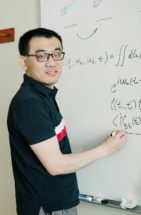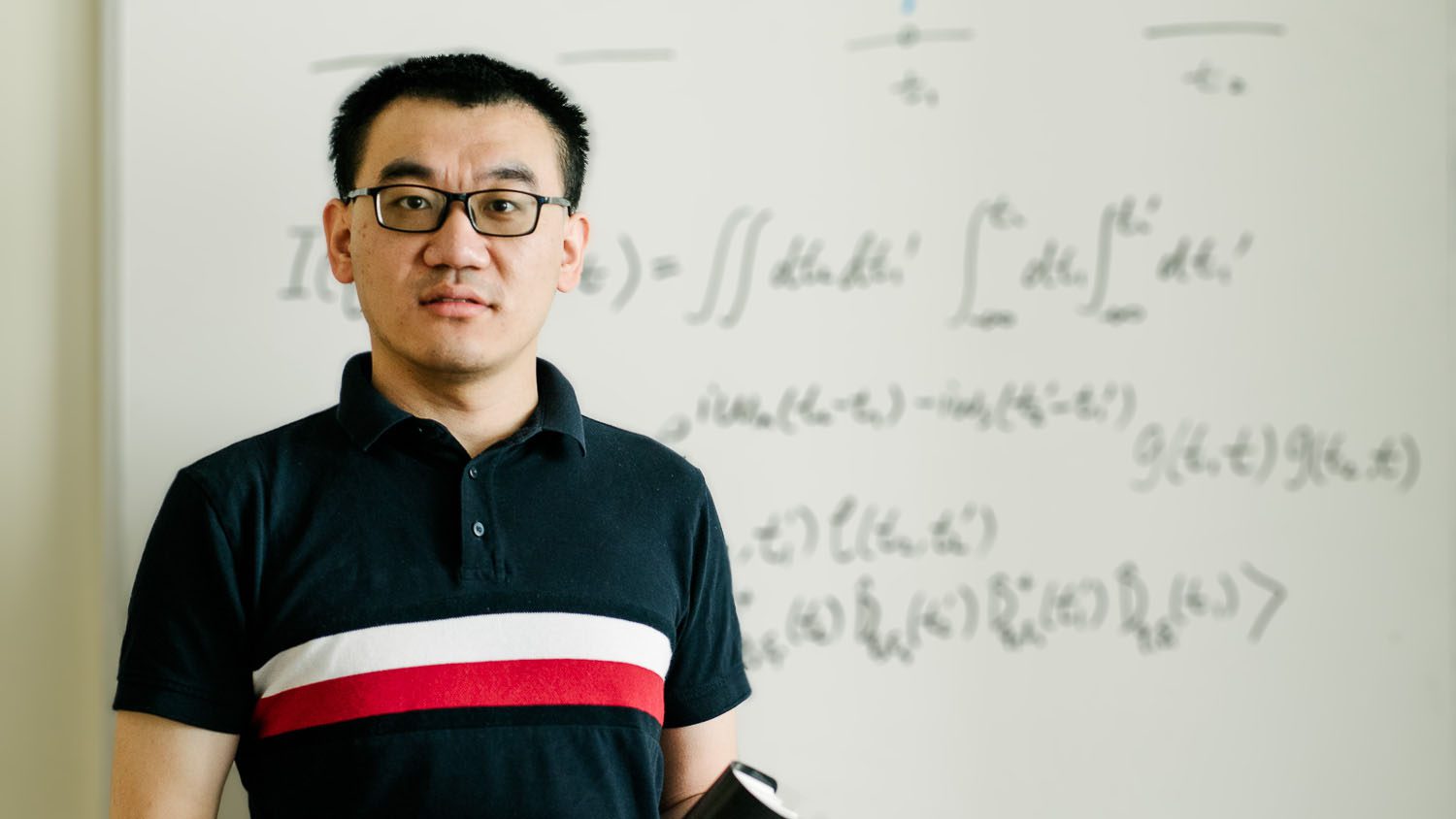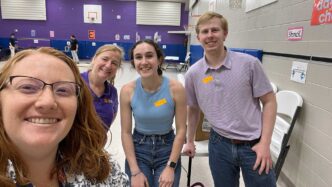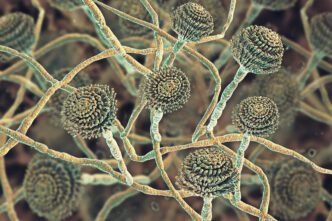Clemson University physicist Yao Wang has received a prestigious 2022 Early Career Award from the U.S. Department of Energy to support his quantum materials research.
Wang is an assistant professor in the College of Science’s Department of Physics and Astronomy.
“Professor Wang is an exceptional early career scientist, and it is gratifying to see his excellence recognized by the DOE. I am excited to see the results emerging from this work,” said Sean Brittain, department chair.
He is the first DOE Early Career Award recipient from Clemson’s College of Science.

The DOE Office of Science’s Early Career Research Program awarded $110 million in funding to 83 early career scientists from 47 universities and 13 national laboratories. The program, now in its 13th year, is designed to bolster the nation’s scientific workforce by supporting exceptional researchers during crucial early career years when many scientists do their most formative work.
Wang will receive $750,000 over five years for his project titled “Analog Quantum Simulation for Solid-State Spectroscopies.”
Quantum materials are likely to be the cornerstone of the next technological revolution.
Understanding, controlling and designing quantum materials with particular functionalities, such as high-temperature superconductors and highly recyclable batteries, plays a significant role in energy science innovation. These innovative applications rely on the accurate and efficient characterization of electrons’ collective properties using advanced spectroscopies.
Closing the gap
However, due to non-negligible quantum entanglement — a phenomenon where two spatially separated particles link together in a certain way — simulations based on classical computers cannot efficiently capture the underlying physics. That leaves a gap between predictable theories and practical experiments.
“Spectroscopy is a connection between experiment and theory,” Wang said.
During the project, Wang will develop quantum simulation protocols for certain classes of solid-state spectroscopies, including linear and non-linear x-ray and neutron scattering spectroscopies. He said that the protocols can be realized by near-term analog quantum computers and will exceed the reach of any classical computer. These protocols and the simulated spectroscopies generated by the project will then provide spectral fingerprints for exotic properties in quantum materials.
Transformative discoveries
He said the research would lead to transformative discoveries in superconductors, energy materials and quantum devices.

“It’s a pleasure to be selected. While it is a recognition of my previous work, it’s also a recognition of our department and our College,” Wang said. The award means he can focus on the research instead of worrying about funding, allowing him to make long-term scientific investments, Wang added.
To be eligible for the DOE award, a researcher must be an untenured, tenure-track assistant or associate professor at a U.S. academic institution or a full-time employee at a DOE national laboratory who received a Ph.D. within the past 10 years. Research topics are required to fall within one of the DOE Office of Science’s eight major program offices: Advanced Scientific Computing Research, Basic Energy Sciences, Biological and Environmental Research, Fusion Energy Sciences, High Energy Physics, Nuclear Physics, Isotope R&D and Production, and Accelerator R&D and Production.
Developing solutions
“Supporting America’s scientists and researchers early in their careers will ensure the U.S. remains at the forefront of scientific discovery and develops the solutions to our most pressing challenges,” said U.S. Secretary of Energy Jennifer M. Granholm. She said the funding will allow the recipients the freedom to find the answers to some of the most complex questions as they establish themselves as experts in their fields.
Since its inception in 2010, the Early Career Research Program has made 785 awards, with 508 awards to universities and 277 to researchers in national laboratories.
Selections were based on peer review by outside scientific experts.
The College of Science pursues excellence in scientific discovery, learning, and engagement that is both locally relevant and globally impactful. The life, physical and mathematical sciences converge to tackle some of tomorrow’s scientific challenges, and our faculty are preparing the next generation of leading scientists. The College of Science offers high-impact transformational experiences such as research, internships and study abroad to help prepare our graduates for top industries, graduate programs and health professions. clemson.edu/science







